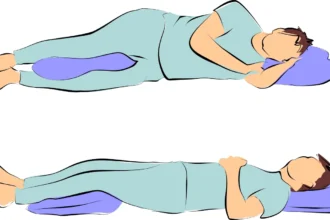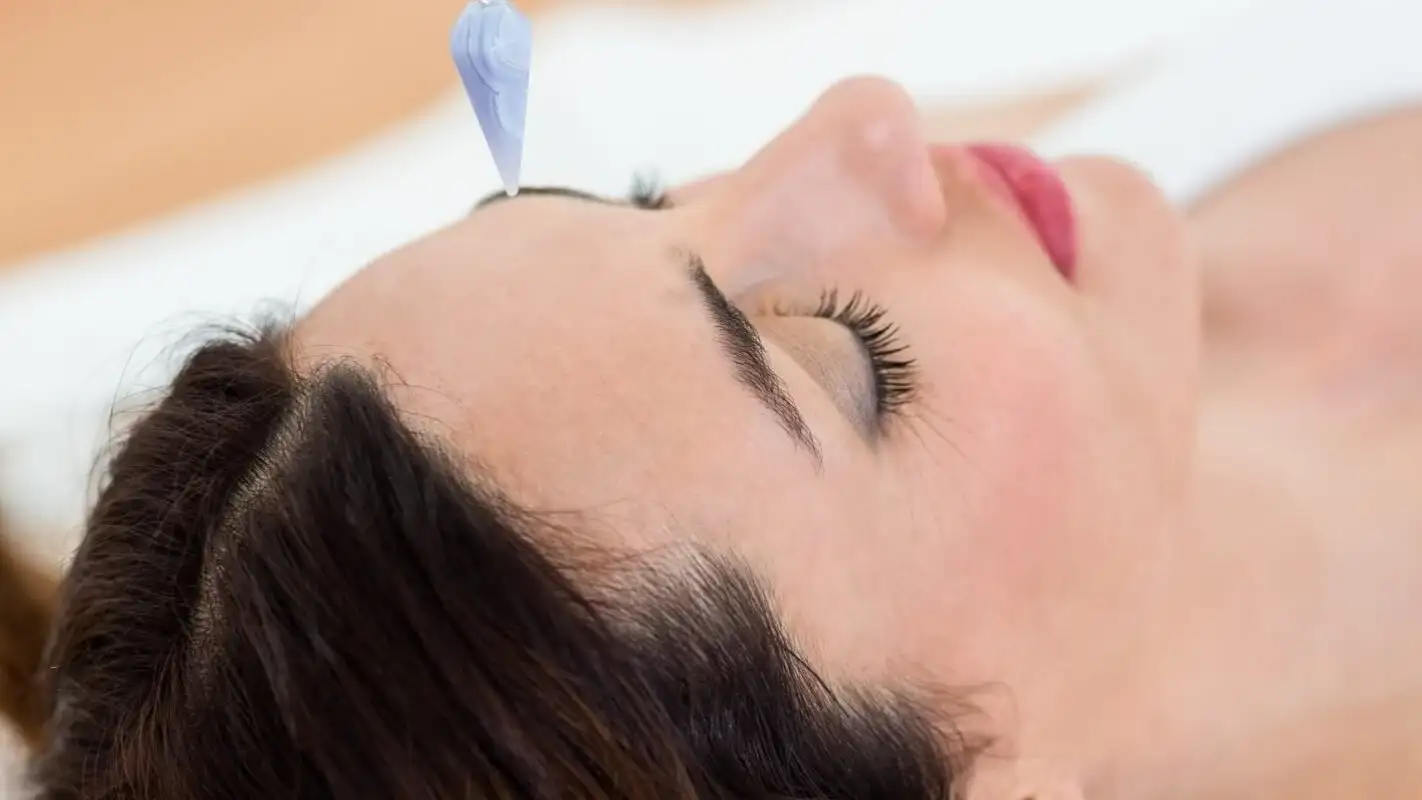However, not getting enough quality sleep can result in chronic health problems and interfere with our daily activities.
In this blog post, we’ll explore the importance of sleep for overall health and why prioritizing good sleep habits is crucial for maintaining a healthy, happy life.
The Role of Sleep in Maintaining Mental Health
- Sleep helps to rest and recharge the brain, allowing for memory consolidation and emotional processing
- which is essential for maintaining cognitive function and emotional regulation.
- Sleep regulates neurotransmitter levels responsible for emotional regulation, such as serotonin, dopamine, and norepinephrine
- which helps regulate mood and prevent depression and anxiety.
- Sleep plays a role in regulating the body’s stress response, with sleep deprivation increasing stress hormone levels such as cortisol, leading to increased anxiety and irritability.
- Poor sleep quality or inadequate sleep can lead to a range of mental health problems, such as anxiety, depression, irritability, and difficulty concentrating.
Therefore, prioritizing sufficient high-quality sleep is important in maintaining good mental health as part of a comprehensive approach.
The Importance of Sleep for Physical Health
Sleep is just as important for physical health as it is for mental health.
Adequate sleep is crucial for maintaining a healthy body and preventing a range of health problems.
Here are some of the ways in which sleep affects physical health:
- Boosts immune function
- Helps maintain a healthy weight
- Supports cardiovascular health
- Improves cognitive function
- Promotes physical performance
In summary, sleep is essential for maintaining good physical health.
Poor sleep quality or inadequate sleep can lead to a range of health problems, including immune system dysfunction, obesity, heart disease, cognitive impairment, and physical performance decline.
Therefore, getting enough high-quality sleep is important for promoting overall physical health and well-being.

Sleep Requirements
Sleep requirements vary depending on age, lifestyle, and individual needs.
However, there are some general guidelines for the amount of sleep needed for different age groups:
- Newborns (0-3 months): 14-17 hours
- Infants (4-11 months): 12-15 hours
- Toddlers (1-2 years): 11-14 hours
- Preschoolers (3-5 years): 10-13 hours
- School-age children (6-13 years): 9-11 hours
- Teenagers (14-17 years): 8-10 hours
- Adults (18-64 years): 7-9 hours
- Older adults (65 years and older): 7-8 hours
It’s important to note that these are general guidelines, and some individuals may require more or less sleep than what is recommended for their age group.
Additionally, lifestyle factors such as stress, exercise, and diet can also affect sleep needs.
It’s also important to prioritize the quality of sleep in addition to the quantity.
Good sleep hygiene practices such as sticking to a regular sleep schedule, creating a comfortable sleep environment, avoiding caffeine and alcohol, and winding down before bed can help improve the quality of sleep and promote overall health and well-being.
Public Health and Workplace Interventions
Public health and workplace interventions can play an important role in promoting healthy sleep habits and preventing sleep disorders.
Here are some specific interventions that can be implemented:
- Sleep education: Sleep education should be included in health education programs and should emphasize the importance of sleep for overall health and well-being.
- Clinical screening: Clinicians should routinely screen patients for sleep disorders and inquire about sleep habits during patient encounters, especially for those with symptoms of sleep disorders such as insomnia, sleep apnea, or restless leg syndrome.
- Workplace interventions: Employers can implement workplace interventions to promote healthy sleep habits among employees.
- Hospital and long-term care interventions: Hospitals and long-term care facilities should optimize sleep conditions for patients, including controlling noise levels and ensuring comfortable bedding and lighting.
- Public policy: Public policy interventions can also promote healthy sleep habits.
In summary, public health and workplace interventions can play an important role in promoting healthy sleep habits and preventing sleep disorders.
These interventions can include sleep education, clinical screening, workplace interventions, hospital and long-term care interventions, and public policy.
By prioritizing healthy sleep habits, individuals and communities can improve overall health and well-being.

Sleep Education in Schools
Sleep education can play an important role in promoting healthy sleep habits among young people.
Here are some ways in which sleep education can be incorporated into schools:
- Health classes: Sleep education can be included in health classes as part of the curriculum. This can include information about the importance of sleep for overall health and well-being, as well as strategies for improving sleep habits such as:
- creating a comfortable sleep environment
- and establishing a regular sleep schedule.
- School start times: Schools can adjust their start times to allow for sufficient sleep. Adolescents, in particular, require more sleep than adults and often have difficulty falling asleep early, which can lead to insufficient sleep if they have to wake up early for school.
- Sleep awareness campaigns: Schools can launch sleep awareness campaigns to promote healthy sleep habits among students.
- Parent education: Schools can provide education to parents about the importance of sleep and strategies for promoting healthy sleep habits in their children.
- Sleep assessments: Schools can conduct sleep assessments to identify students who may be at risk for sleep disorders such as sleep apnea or insomnia.
Incorporating sleep education into schools can help promote healthy sleep habits among young people and improve overall health and well-being.
By prioritizing healthy sleep habits, students can be better equipped to succeed academically and in other areas of their lives.
Sleep Education in Medical Schools and Graduate Programs
Sleep education should be incorporated into medical schools and graduate programs to ensure that healthcare professionals have a solid understanding of the importance of sleep for overall health and well-being.
This can include information about:
- sleep disorders
- screening
- and diagnosis
- and treatment options.
By prioritizing sleep education, healthcare professionals can better identify and treat sleep disorders, and promote healthy sleep habits among their patients.

Conclusion
The importance of sleep cannot be overstated.
It plays a vital role in maintaining good physical and mental health, promoting cognitive function and emotional regulation, and supporting overall well-being.
By prioritizing healthy sleep habits and implementing interventions to prevent sleep disorders, we can improve our quality of life and achieve our fullest potential.
So let’s make sleep a priority and give our bodies and minds the rest they deserve!
You may also be interested in: Psychological causes of anxiety













